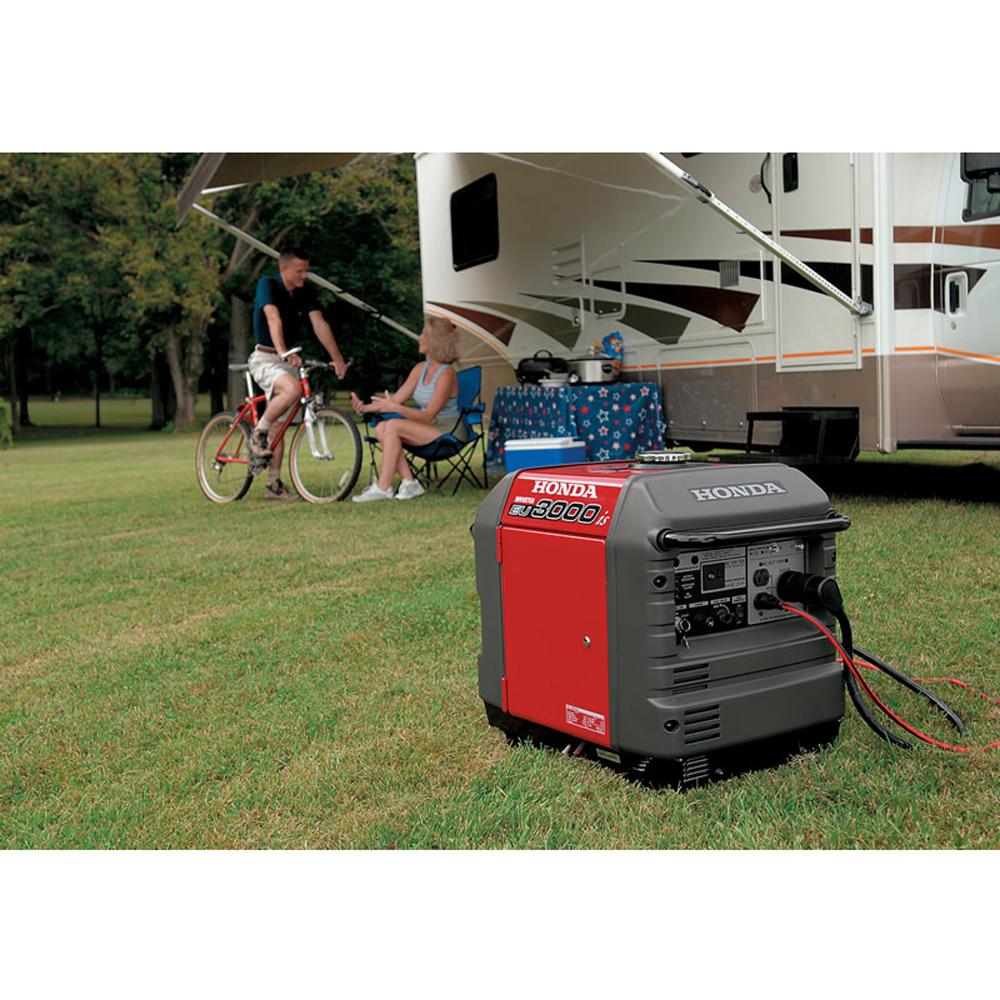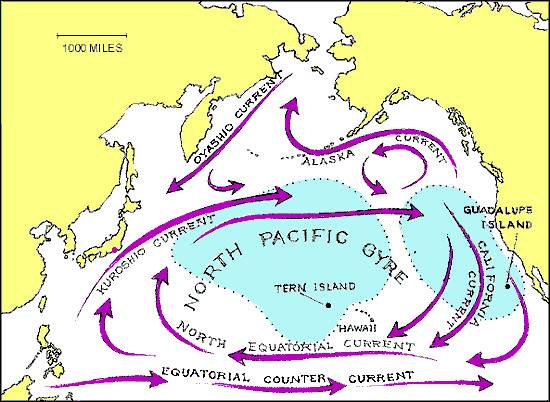According to The Japan Times, portable generators are almost sold out, thanks to the 11 March 2011 disasters. Also, because of power outages (ironic), and parts supply problems, producers will not be able to meet current (pun; electric generators) demand.
“We’re completely out. We ran out three days after the quake, but we’ve been receiving orders from hospitals and factories every day.” -Ryuzo Nishikawa, Fuji & Yamaha generator salesman

Yahoo Japan has actually been auctioning off Honda generators. The highest bid so far is ¥178,000 (about U.S. $2,000.00).
Lesson: If you got the money, buy the damn generator BEFORE the disaster!



